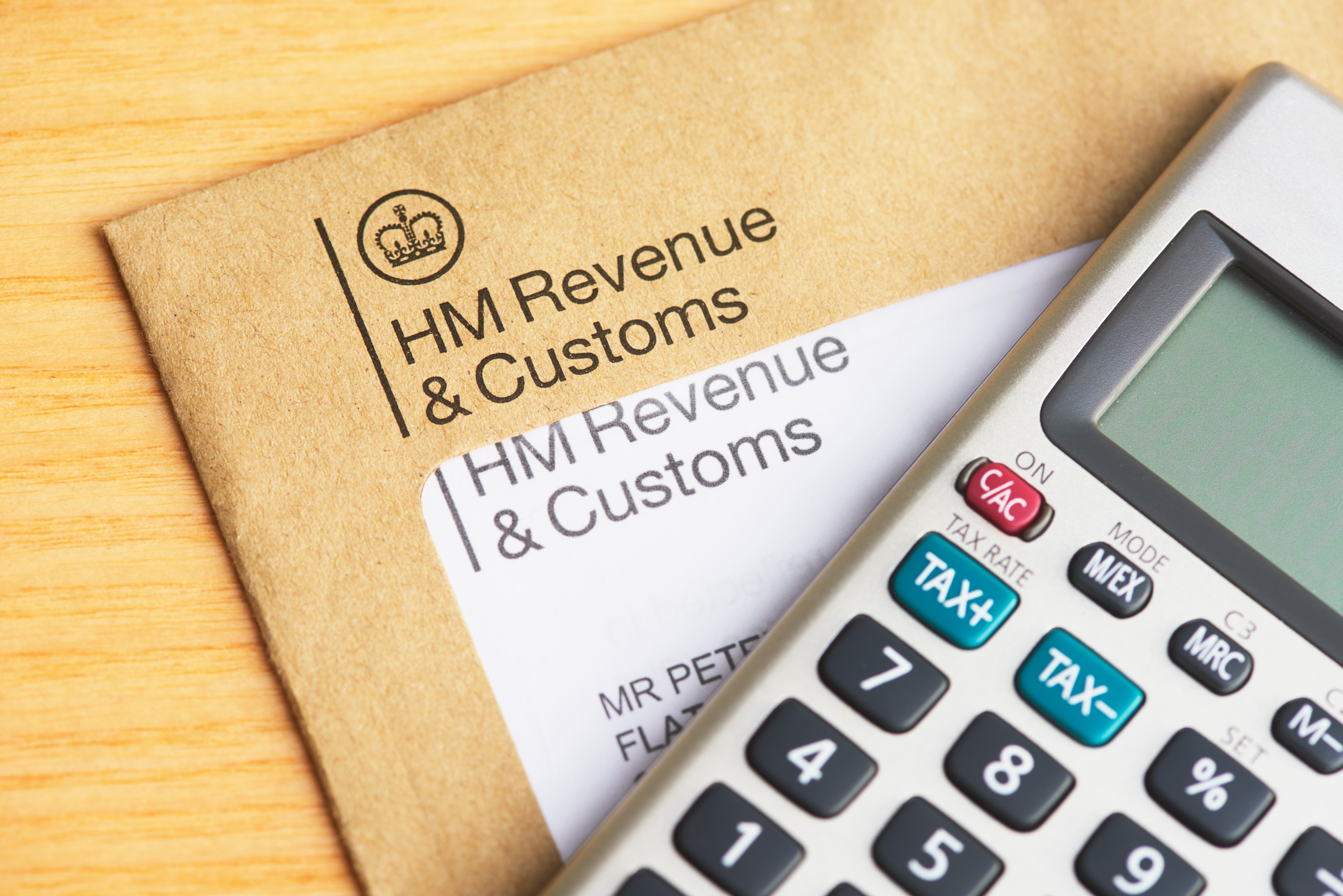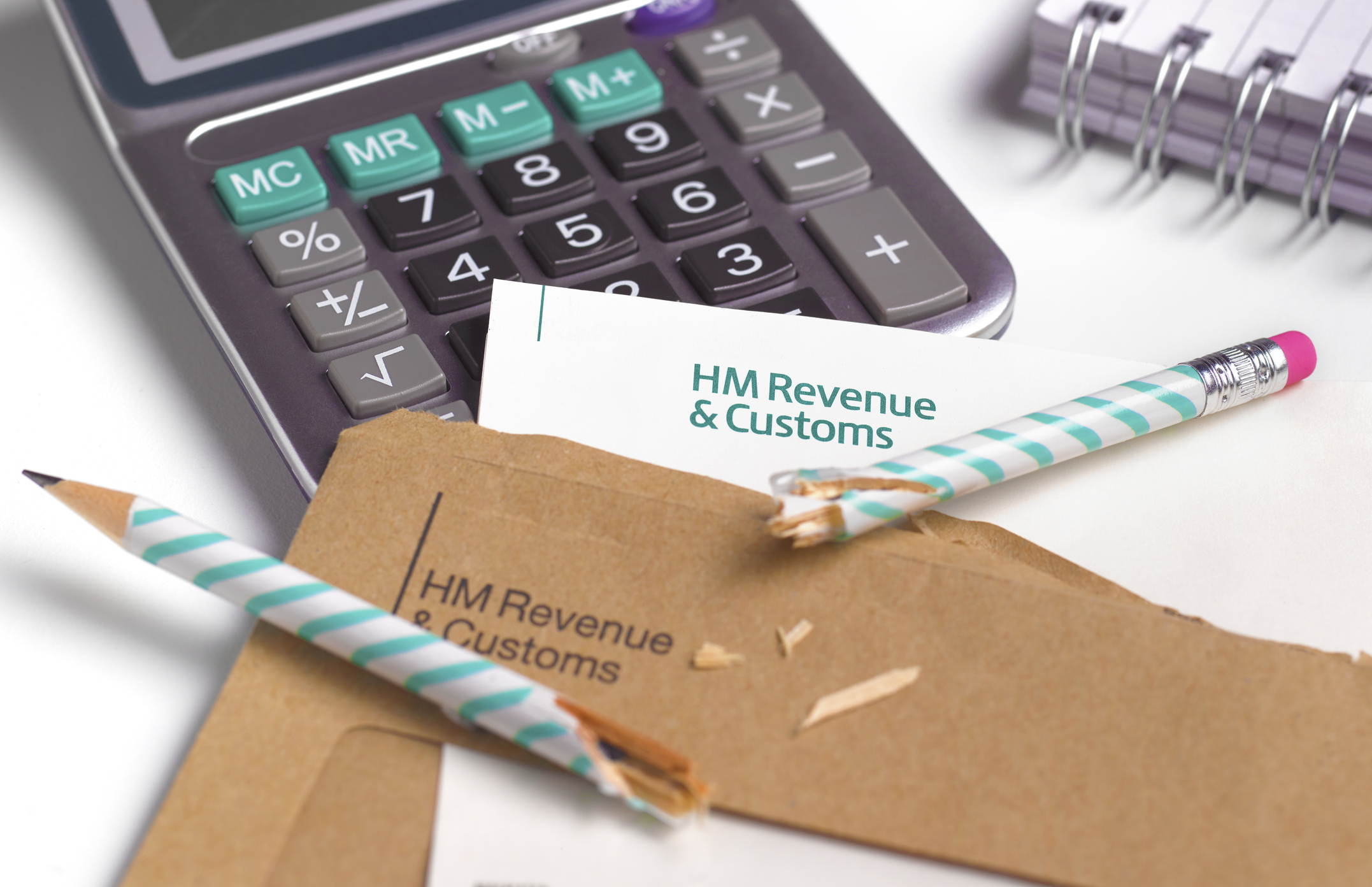Child Trust Funds: Could £2,242 of unclaimed money be waiting for you?
More than £1.5 billion is sitting in unclaimed savings accounts belonging to 18-23 year olds. Here is how to track down lost Child Trust Funds

Marc Shoffman

Get the latest financial news, insights and expert analysis from our award-winning MoneyWeek team, to help you understand what really matters when it comes to your finances.
You are now subscribed
Your newsletter sign-up was successful
Want to add more newsletters?

Twice daily
MoneyWeek
Get the latest financial news, insights and expert analysis from our award-winning MoneyWeek team, to help you understand what really matters when it comes to your finances.

Four times a week
Look After My Bills
Sign up to our free money-saving newsletter, filled with the latest news and expert advice to help you find the best tips and deals for managing your bills. Start saving today!
More than £1.5 billion is still languishing in unclaimed savings accounts that is owed to 758,000 young people, HMRC has warned.
The taxman is calling on people aged 18-22 who may not have realised that they are owed the payouts from Child Trust Funds (CTFs).
CTFs were set up under the previous Labour government in January 2005, and discontinued and replaced by Junior ISAs in 2011. It means that children and youngsters aged 13 to 23 are likely to have a CTF.
MoneyWeek
Subscribe to MoneyWeek today and get your first six magazine issues absolutely FREE

Sign up to Money Morning
Don't miss the latest investment and personal finances news, market analysis, plus money-saving tips with our free twice-daily newsletter
Don't miss the latest investment and personal finances news, market analysis, plus money-saving tips with our free twice-daily newsletter
The accounts were set up with an initial government deposit of at least £250 and earned interest or benefited from investment growth.
While those aged 18 or over are being urged to claim their money, parents of younger teenagers may also have lost track of where the CTF is and how much money it contains.
Earlier this year, a senior MP backed calls for payouts from CTFs to be made automatically.
Geoffrey Clifton-Brown, MP, who chairs Parliament's Public Accounts Committee, has called on the government to make the payouts automatic: "I liken this money a bit to a treasure trove buried on a [desert] island in vast acres of sand expecting the poor recipients of these CTFs to go and find this money.
"I think there's a lot more we could do to encourage the government to find the recipients."
But the amount keeps growing, with many unaware that there could be money owed to them.
With September being the most common birth month, HMRC says thousands of 18 year olds have become eligible to claim their savings pot.
Charlene Young, senior pensions and savings expert at AJ Bell, said many lost CTFs will be because parents and children aren’t even aware they have the account, don’t know which provider the money is with or how to track it down.
She said: “Over a quarter of accounts were set up by the government because parents failed to do so within a 12-month window.”
What is a Child Trust Fund?
CTFs are tax-free savings accounts held by those born between September 2002 and January 2011. They were available as cash savings accounts or investment accounts.
The government paid £250 when a child was born - or £500 to low-income families - meaning every CTF started off with some money inside.
If you didn’t do anything with your initial contribution from the government, it will have been automatically invested in a stakeholder fund. But, to date, a lot of these funds have not yet been claimed.
Some parents have forgotten they have an account, or don’t know where it is.
Extra contributions could be made and interest or investment growth would be accumulated. Young people can take control of their child trust fund at 16 and withdraw funds when they turn 18 and the account matures.
The average value of a CTF was £2,242 in September 2025, according to official statistics.
The scheme closed to new entrants in 2011 and was replaced by junior ISAs in November of that year.
What can you do with a Child Trust Fund?
Anyone who has a CTF can transfer their funds to a more modern junior ISA (JISA). The two accounts are very similar: they have the same tax benefits, the annual limit is the same (£9,000), and the money is locked away until the age of 18.
However, junior ISAs typically have lower fees, better investment choices, or better interest rates.
"As highlighted by a Public Accounts Committee report published last year, many CTF providers are charging huge sums for managing the accounts, eating into the money. The report indicates many accounts are charging 1.5% annually for a portfolio of passive funds, whereas a JISA on a modern platform might cost around 0.25%, plus the cost of a tracker, which can be as little as a few basis points," Young added.
Currently, savers can access interest rates of up to 4% in the most competitive cash JISAs, such as the one offered by Coventry Building Society. The CTF rate available from One Family, for example, one of the UK’s largest CTF providers, is currently 3%. That falls to 1.5% once the child turns 18.
Transferring your CTF to a JISA is straightforward - simply request a transfer form from the provider you want to move to and they will contact the CTF provider. Bear in mind this can take a few weeks, especially if you first need to find out who your CTF provider is.
Once a child turns 18, they can use the money or move it into an adult ISA and continue paying into it. CTFs and Junior ISAs legally belong to the children and only they can access them when they are 18, so parents beware, they may just choose to cash them in.
Why are Child Trust Funds going unclaimed?
The Public Accounts Committee (PAC), which scrutinises government spending, raised concerns last year that many account holders do not know about their savings or have lost track of them.
An estimated £1.4 billion is sitting in unclaimed CTFs belonging to youngsters aged 18 or over.
HMRC must do more to find and contact those young people, many of whom are from low-income backgrounds, the MPs said.
They also said providers, which are earning “very high” fees of up to £100 million a year for passively managing CTFs mostly composed of government money, are not doing enough to link up forgotten accounts with their owners.
An estimated £1.4 billion is sitting in unclaimed CTFs belonging to youngsters aged 18 or over.
HMRC is now urging young people to cash in their government-funded nest egg.
Angela MacDonald, HMRC’s second permanent secretary and deputy chief executive, comments: "Thousands of child trust fund accounts are sitting unclaimed – we want to reunite young people with their money and we’re making the process as simple as possible."
How to track down your lost Child Trust Fund
CTFs are not held by the government but are held in banks, building societies or other saving providers.
If teenagers or their parents and guardians already know who their CTF provider is, they can contact them directly. There's a handy list of CTF providers on gov.uk.
If they don't, they can use this tool on the government website. Young people will need their National Insurance number and their date of birth to access the information.
MacDonald at HMRC stresses that this is a free service, and that parents and youngsters do not need to pay anyone to locate their CTF.
According to HMRC, third-party agents are advertising their services offering to search for CTFs and agents will always charge - with one charging up to £350 or 25% of the value of the savings account.
In the past year, more than 563,000 customers used the free gov.uk tool to locate their child trust fund.
Young added: “Once you’ve tracked down the money it’s up to you what you do with it. You can transfer it to an adult ISA in your own name or withdraw the money. Until then your money will just sit in an account that no one else has access to, possibly paying very high charges. Anything you transfer to an adult ISA at maturity will not count towards your annual ISA allowance, which is £20,000 for over 18s.
“If you have a CTF but are still under 18, moving it to a Junior ISA could mean you may be able to reduce your charges and will likely have a much bigger investment choice. The money will still be locked up until you turn 18, but the tax-free benefits of an ISA will still apply.”
Get the latest financial news, insights and expert analysis from our award-winning MoneyWeek team, to help you understand what really matters when it comes to your finances.

Ruth is an award-winning financial journalist with more than 15 years' experience of working on national newspapers, websites and specialist magazines.
She is passionate about helping people feel more confident about their finances. She was previously editor of Times Money Mentor, and prior to that was deputy Money editor at The Sunday Times.
A multi-award winning journalist, Ruth started her career on a pensions magazine at the FT Group, and has also worked at Money Observer and Money Advice Service.
Outside of work, she is a mum to two young children, while also serving as a magistrate and an NHS volunteer.
- Marc ShoffmanContributing editor
-
 Should you buy an active ETF?
Should you buy an active ETF?ETFs are often mischaracterised as passive products, but they can be a convenient way to add active management to your portfolio
-
 Power up your pension before 5 April – easy ways to save before the tax year end
Power up your pension before 5 April – easy ways to save before the tax year endWith the end of the tax year looming, pension savers currently have a window to review and maximise what’s going into their retirement funds – we look at how
-
 Two million taxpayers to be hit by £100k tax trap by 2026/27
Two million taxpayers to be hit by £100k tax trap by 2026/27Frozen thresholds mean more people than ever are set to pay an effective income tax rate of 60% as their earnings increase beyond £100,000. We look at why, as well as how you can avoid being caught in the trap.
-
 13 tax changes in 2026 – which taxes are going up?
13 tax changes in 2026 – which taxes are going up?As 2026 gets underway, we look at what lies ahead in terms of changes to tax rates and allowances this year and how it will affect you.
-
 How to limit how much of your Christmas bonus goes to the taxman
How to limit how much of your Christmas bonus goes to the taxmanIt's Christmas bonus season but the boosted pay packet may mean much of your hard-earned reward ends up with HMRC instead of in your pocket
-
 Over 1 million pay 45% rate of income tax as fiscal drag bites
Over 1 million pay 45% rate of income tax as fiscal drag bitesHundreds of thousands more people are being pushed into the additional rate tax band by fiscal drag
-
 'I've used my annual ISA allowance. How can I shield my savings from tax?'
'I've used my annual ISA allowance. How can I shield my savings from tax?'As millions face paying tax on savings interest, we explore how to protect your money from the taxman. If you've used up your ISA allowance, we look at the other tax-efficient options.
-
 Simple assessment explained as millions brace for unexpected tax bills
Simple assessment explained as millions brace for unexpected tax billsIncreasing numbers of people could get letters from HMRC saying they owe more tax due to frozen thresholds, under a system known as simple assessment. Here is what it means for you.
-
 What are wealth taxes and would they work in Britain?
What are wealth taxes and would they work in Britain?The Treasury is short of cash and mulling over how it can get its hands on more money to plug the gap. Could wealth taxes do the trick?
-
 When is the self-assessment tax return deadline?
When is the self-assessment tax return deadline?If you are self-employed, rent out a property or earn income from savings or investments, you may need to complete a self-assessment tax return. We run through the deadlines you need to know about